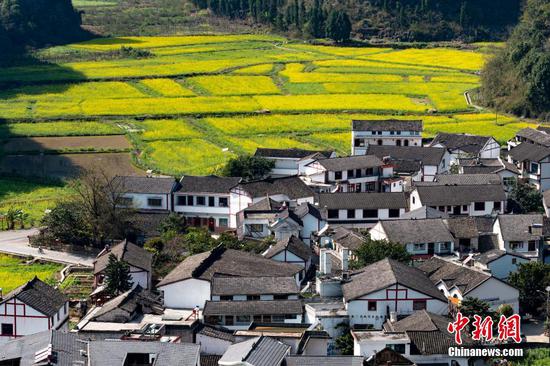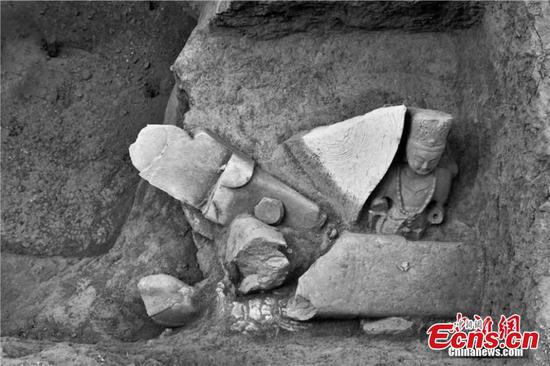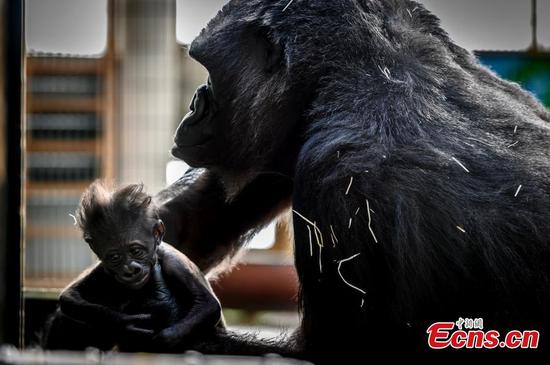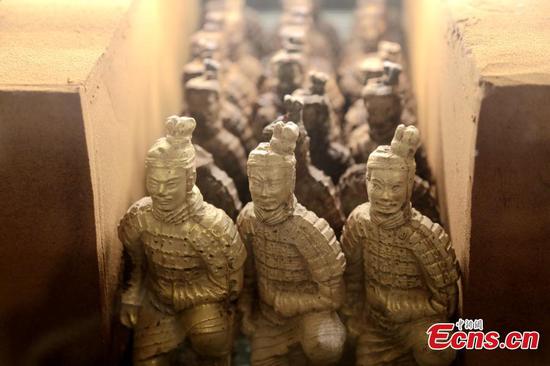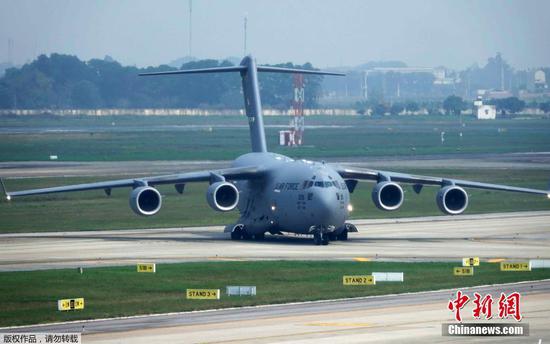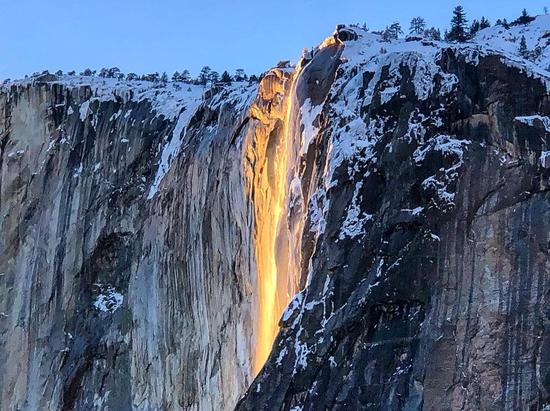U.S. President Donald Trump said Friday that a small fraction of U.S. forces would remain in Syria with troops from other countries.
"I am not reversing course ... we can leave a small force, along with others in the force, whether its NATO troops or whoever it might be," Trump told reporters in the Oval Office, adding that "a lot of people like that idea."
The United States would leave about 400 U.S. troops in two different regions of Syria, media reports on the same day quoted a senior administration official as saying.
According to the official, half of them would join the multinational force of roughly 800 to 1,500 troops deployed in northeastern Syria to maintain a buffer between Turkey and U.S.-backed Kurdish forces. The rest 200 troops would stay at its base in al-Tanf, near the Syrian border with Iraq and Jordan.
Currently, there are about 2,000 U.S. troops deployed in Syria. The White House said Thursday that the United States would leave 200 peacekeeping troops in Syria after the planned pullout.
The commander of the U.S.-backed Syrian Democratic Forces (SDF) reportedly called on Monday for about 1,000 to 1,500 international forces to remain in Syria to help fight the IS.
The U.S. decision to keep troops in Syria came several days after U.S. European allies reportedly turned down a U.S. request to fill the gap with their troops.
Allies have "unanimously" told the United States that they "won't stay if you pull out," the Washington Post earlier reported, citing a senior administration official.
Declaring victory over the Islamic State (IS), Trump last December announced the withdrawal of U.S. troops from Syria, leading to the resignation of then U.S. Secretary of Defense James Mattis.
Acting Pentagon chief Patrick Shanahan and Chairman of the Joint Chiefs of Staff Joseph Dunford Friday held talks with their Turkish counterparts on the situation in Syria and other defense issues.
Before the meeting, Dunford told the press that the mission for the remaining troops in Syria was to continue the campaign against the IS, and he believed that U.S. allies would "step up" to support the campaign.
Dunford and Shanahan both declined to confirm the number of troops to stay in Syria.
The United States and Turkey have been recently sparring over the fate of Kurdish militia in northern Syria, which is an ally of Washington in the campaign against the IS, but viewed as a "terrorist group" by Ankara.
The United States last month proposed setting up a security zone in northeastern Syria, a move welcomed by Turkey. President Recep Tayyip Erdogan and his senior officials have insisted that the security zone should be exclusively under Turkish control.









